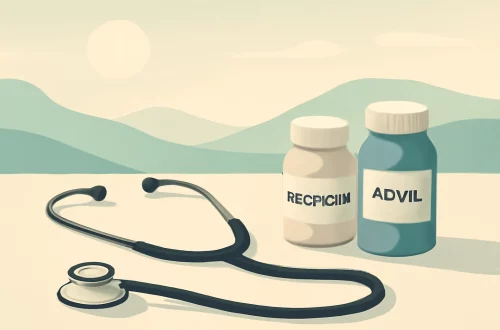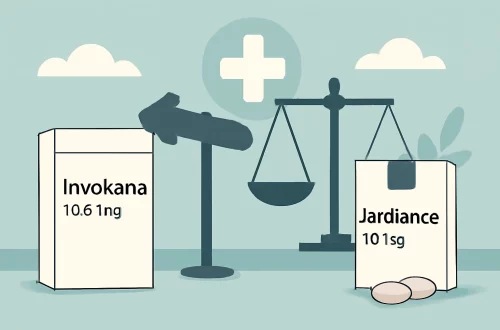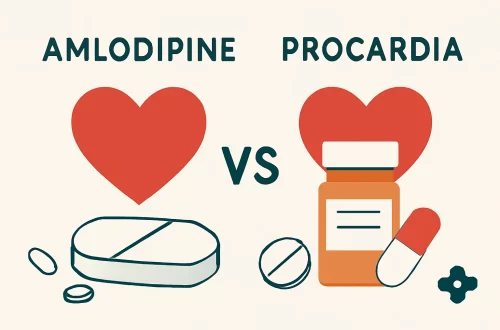-
The Best Dog Food for Small Dog Breeds: Nutrition Tips and Choices
Small dog breeds hold a special place in the hearts of pet lovers around the world. Their compact size, playful demeanor, and ability to adapt to various living environments make them popular companions for families, singles, and seniors alike. However, despite their small stature, these dogs have unique nutritional needs that must be carefully considered to ensure their health and well-being. Proper nutrition is crucial for small breeds as they often have higher metabolism rates than larger dogs, meaning they require specific types of food to meet their energy needs. Additionally, small dogs tend to have different dental structures and digestive systems, which can influence the type of food that…
-
Caring for Greater Swiss Mountain Dog Puppies: A Comprehensive Guide
Caring for a Greater Swiss Mountain Dog puppy is an enriching experience that blends joy, responsibility, and a commitment to nurturing a loyal companion. These dogs, known for their striking appearance and gentle temperament, require attentive care from the moment they enter your home. As an owner, understanding their unique needs and characteristics can make a significant difference in ensuring a healthy, happy life for your new furry friend. The Greater Swiss Mountain Dog, with its robust physique and striking tri-color coat, is not just a beautiful breed; they are also known for their intelligence and versatility. Originally bred as working dogs, they thrive in environments where they can be…
-
Can Dogs Eat Collards? Understanding the Safety and Benefits
Dogs have been our loyal companions for thousands of years, and as pet owners, we often find ourselves wanting to share our food with them. However, not all human foods are safe for our furry friends. With an increasing interest in healthy diets, both for humans and pets, many dog owners have begun to explore various vegetables and greens that can be included in their dog’s diet. One such green is collard greens, a leafy vegetable that is packed with nutrients and often included in healthy meals. But the question arises: can dogs eat collards safely? Understanding the dietary needs of dogs is crucial when considering what to feed them.…
-
Can Rabbits Have Parsley? Understanding Safe Herb Choices for Bunnies
Rabbits are delightful pets that bring joy to many households. Their playful nature and gentle demeanor make them beloved companions. However, as a responsible pet owner, it is crucial to understand the dietary requirements of these adorable animals. Rabbits have unique nutritional needs, and their digestive systems are highly sensitive. This sensitivity means that not all foods that are safe for other pets—or even for humans—are safe for rabbits. The diet of a rabbit primarily consists of hay, fresh vegetables, and a small amount of pellets. While many pet owners are aware of the basic dietary staples, questions often arise about the safety of certain herbs and greens. One herb…
-
Can Rabbits Safely Eat Parsley? Here’s What You Need to Know
Rabbits are beloved pets known for their playful personalities and gentle nature. As herbivores, their diets primarily consist of hay, fresh vegetables, and a variety of greens. Owners often seek the best nutrition for their furry companions, leading to questions about what foods are safe and beneficial for rabbits. Among the many vegetables and herbs available, parsley stands out for its vibrant appearance and aromatic qualities. While it might be tempting to share this green garnish with our pets, understanding the implications is crucial for their wellbeing. It’s essential to recognize that not all vegetables and herbs are created equal when it comes to a rabbit’s digestive system. Rabbits have…
-
The Best High Protein Low Carb Cat Food for Optimal Health
Maintaining optimal health for our feline friends goes beyond regular vet visits and playtime; it significantly involves their diet. Cats are obligate carnivores, meaning their bodies are designed to thrive on a diet rich in animal proteins. This dietary need is crucial for their overall health, energy levels, and longevity. However, with the increasing prevalence of obesity and related health issues in cats, many pet owners are turning to high-protein, low-carb diets as a solution. Such diets can offer numerous benefits, including improved weight management, increased muscle mass, and better energy levels. Cats are naturally inclined to consume a diet low in carbohydrates, as their ancestors primarily hunted small prey.…
-
Understanding Why Your Bearded Dragon Won’t Eat: Common Reasons
Bearded dragons are fascinating reptiles that have gained immense popularity as pets due to their unique personalities and relatively easy care requirements. However, as a responsible pet owner, you may encounter situations where your bearded dragon refuses to eat. This behavior can be concerning and puzzling, especially if you are unsure of the underlying reasons. Understanding the factors that can affect your dragon’s appetite is crucial for their well-being and ensures that you provide the best care possible. The reasons behind a bearded dragon’s refusal to eat can vary widely, ranging from environmental factors and stress to health issues. Often, these creatures may simply be experiencing a phase of reduced…
-
Can Rabbits Safely Eat Cherries? Understanding the Risks and Benefits
Rabbits are beloved pets known for their gentle nature, playful antics, and unique dietary needs. As herbivores, their diet primarily consists of hay, fresh vegetables, and specially formulated pellets. However, many rabbit owners often wonder about the safety of introducing various fruits into their pets’ diets. One fruit that frequently sparks curiosity is the cherry. While cherries are delicious and nutritious for humans, the question remains: can rabbits safely enjoy this sweet treat? Understanding the risks and benefits of feeding cherries to rabbits is essential for any responsible pet owner. Cherries, like many fruits, are rich in vitamins and antioxidants, which can be beneficial for a rabbit’s overall health. However,…
-
Best Dry Dog Food to Combat Yeast Infections Effectively
Yeast infections in dogs can be a concerning issue for pet owners, causing discomfort and health problems for our furry friends. These infections are often the result of an overgrowth of yeast, which can thrive in warm, moist environments, particularly in areas like the ears, skin folds, and paws. The condition can lead to symptoms such as itching, redness, and inflammation, prompting pet owners to seek effective solutions. One of the most critical factors in managing and preventing yeast infections is diet. A dog’s diet plays a significant role in maintaining overall health, including the balance of yeast and bacteria in the body. The right dog food can help mitigate…
-
Best Dry Dog Food to Combat Yeast Infections Effectively
Yeast infections in dogs can be a frustrating and uncomfortable issue for both pets and their owners. These infections often manifest in various ways, such as itching, inflammation, and discomfort, particularly in warm and moist areas of a dog’s body. While many factors can contribute to the development of yeast infections, including allergies, hormonal imbalances, and diet, the right nutrition plays a critical role in managing and preventing these conditions. Choosing the best dry dog food can significantly impact your dog’s overall health, particularly in combating yeast infections. High-quality dog food formulated with specific ingredients can help maintain a balanced gut flora and enhance your dog’s immune system. Furthermore, understanding…





































